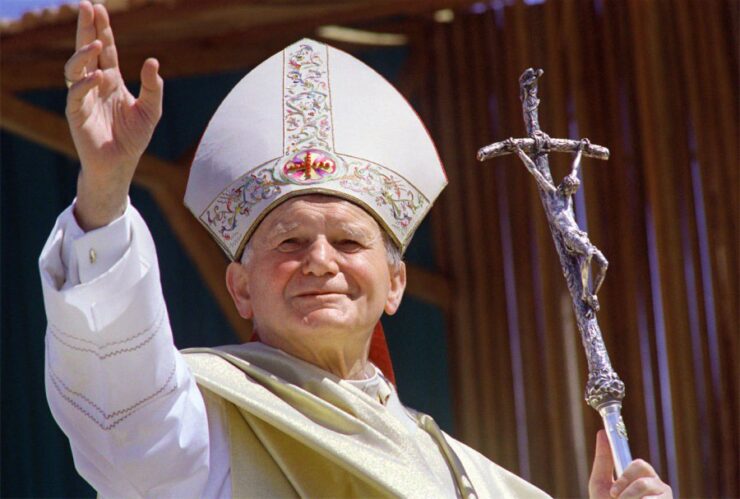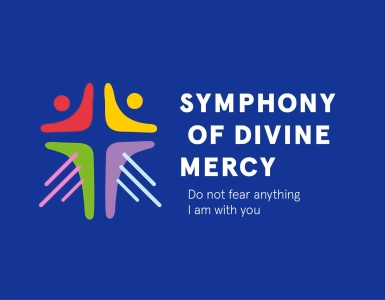The mea culpa repeatedly said was one of the most original and loud novelties of the pontificate, but also – inevitably – the most criticized. John Paul II did nothing but implement the Council’s call to the Church to realize that he was “holy and at the same time constantly in need of purification.” But at first, the serious cardinals also failed to understand, unable to get deep into the evangelical meaning of the request for forgiveness, a request that is one-sided and selfless.
The embarrassment was associated with the fact that the mea culpa that was stated led to the unveiling of the dark pages of the history of the Church, without stressing– hence the reservation – the good works of Christians. And, the Holy Father replied: “The good will defends itself. The faults of the past should be confessed, and the request for forgiveness will serve to purify memory and to better show good in the full light.”
To understand this embarrassment, another aspect must be taken into account, namely the novelty of this gesture as such. In taking such previously unknown initiatives, the Holy Father preferred to move forward on his own at first, to take full responsibility for such gestures, for such words. Yes, of course, he was always the Pope, the head of the Church. But, this way, if the effects were not positive, they would not affect the entire Catholic community. I would like to remind you that John Paul II has always had the full support of some Cardinals on this matter, such as Etchegaray and Gantin, as well as the Secretariat of State, which has always shown him a faithful, loyal attitude.
With the permission of Cardinal Stanisław Dziwisz – “At the side of the Saint”
St. Stanislaw BM Publishing House, Krakow 2013





